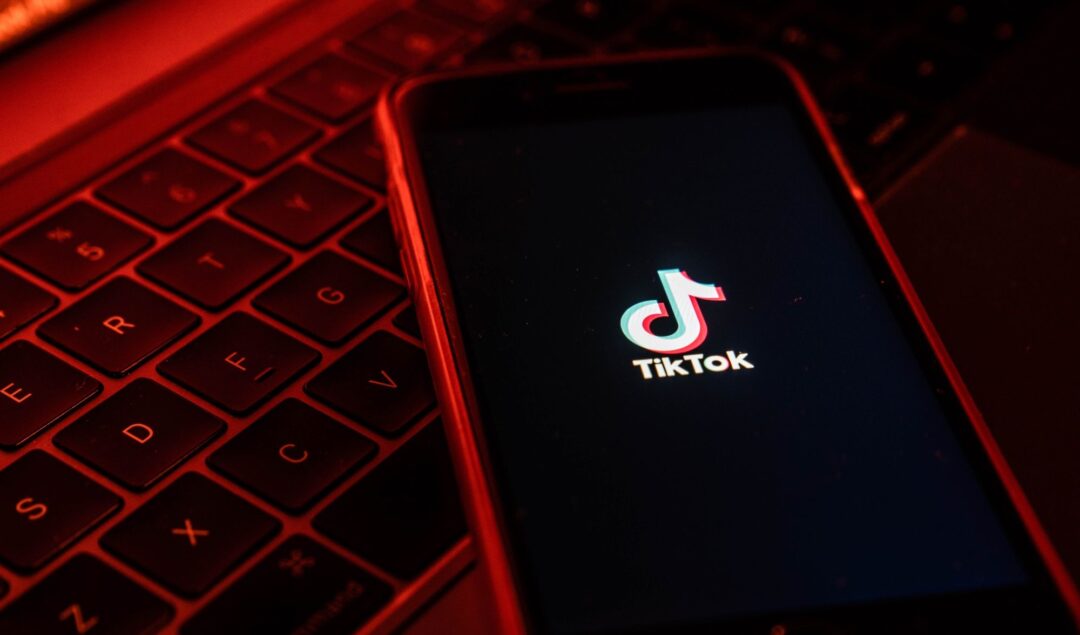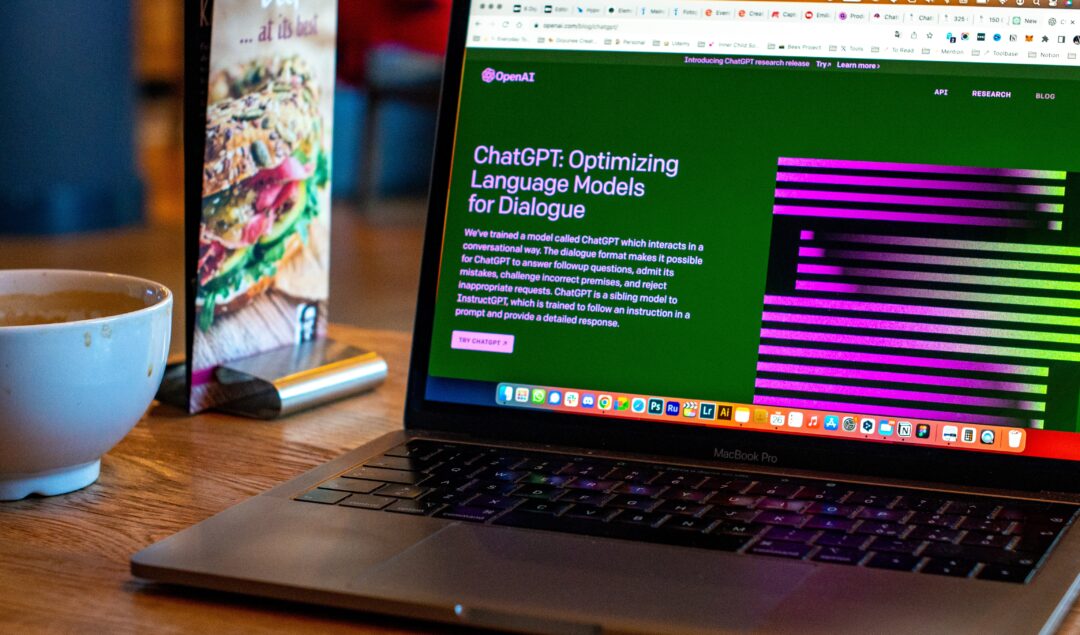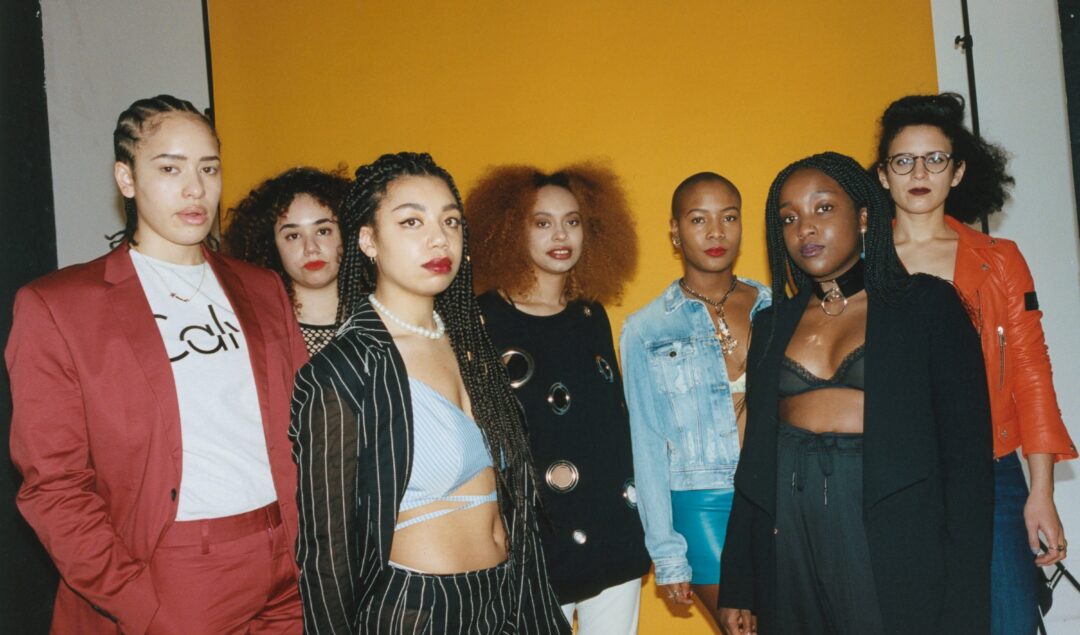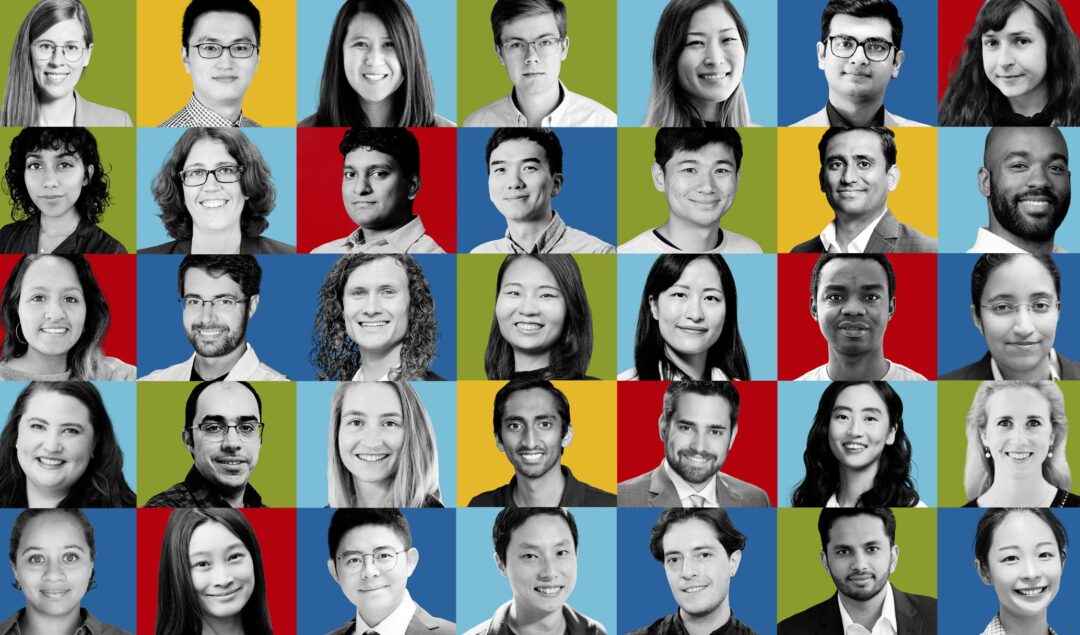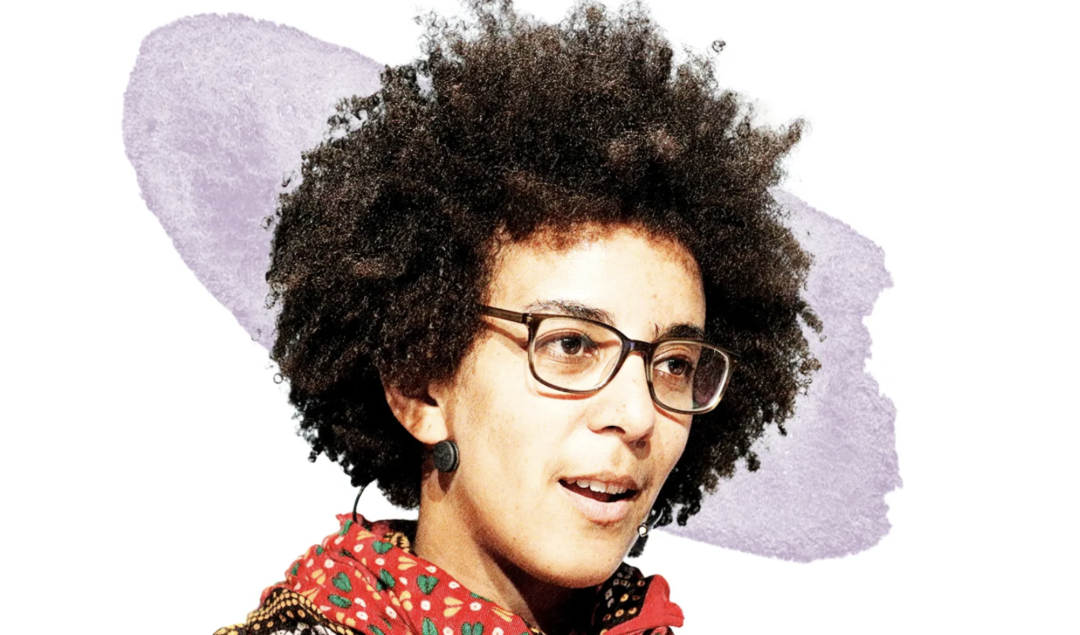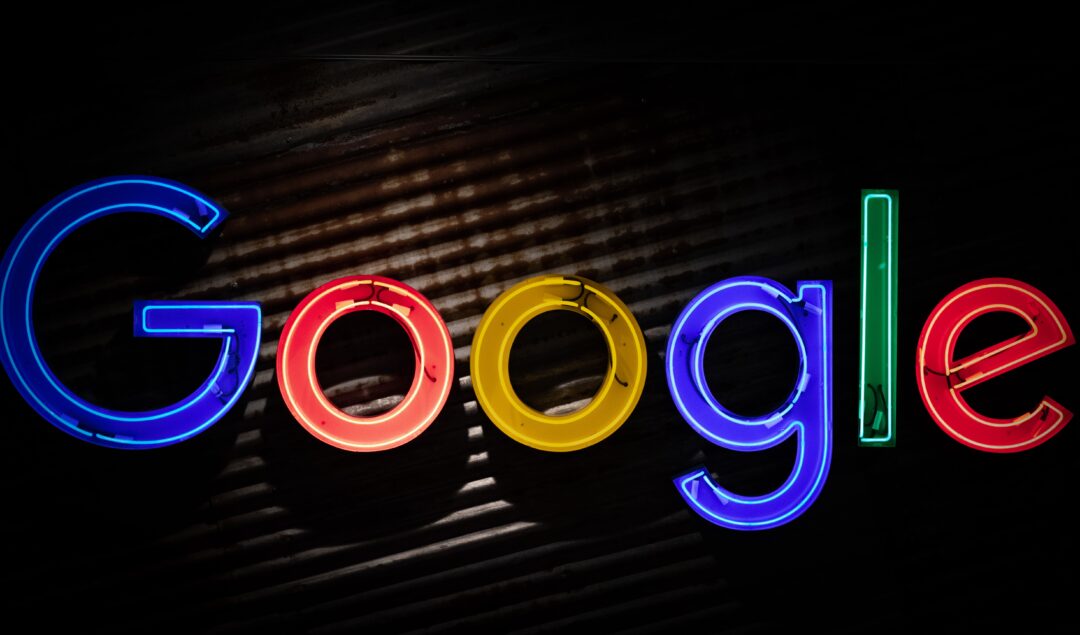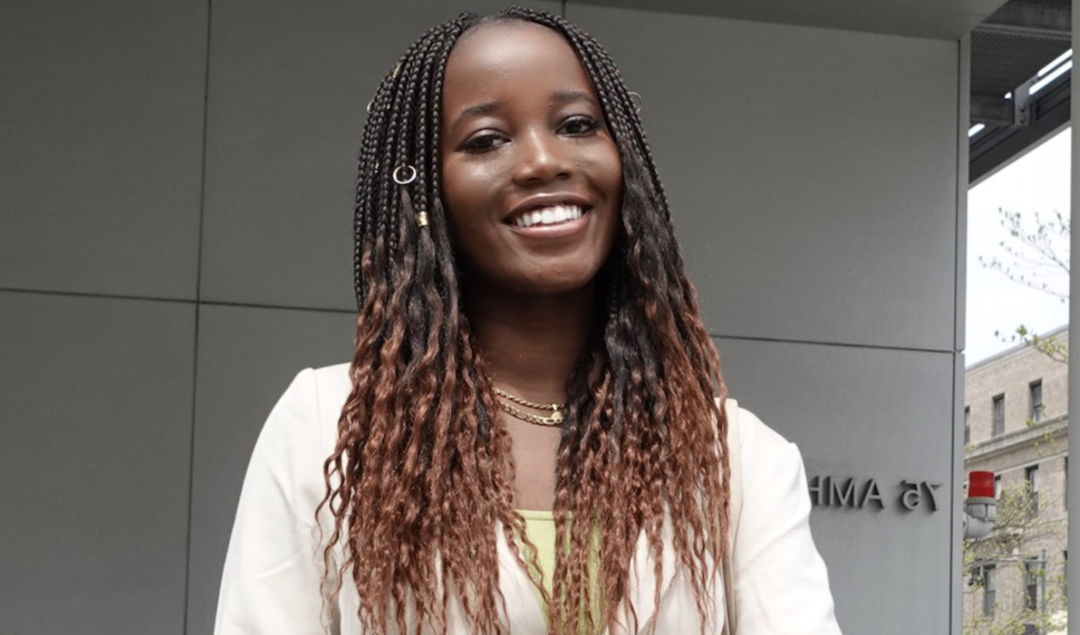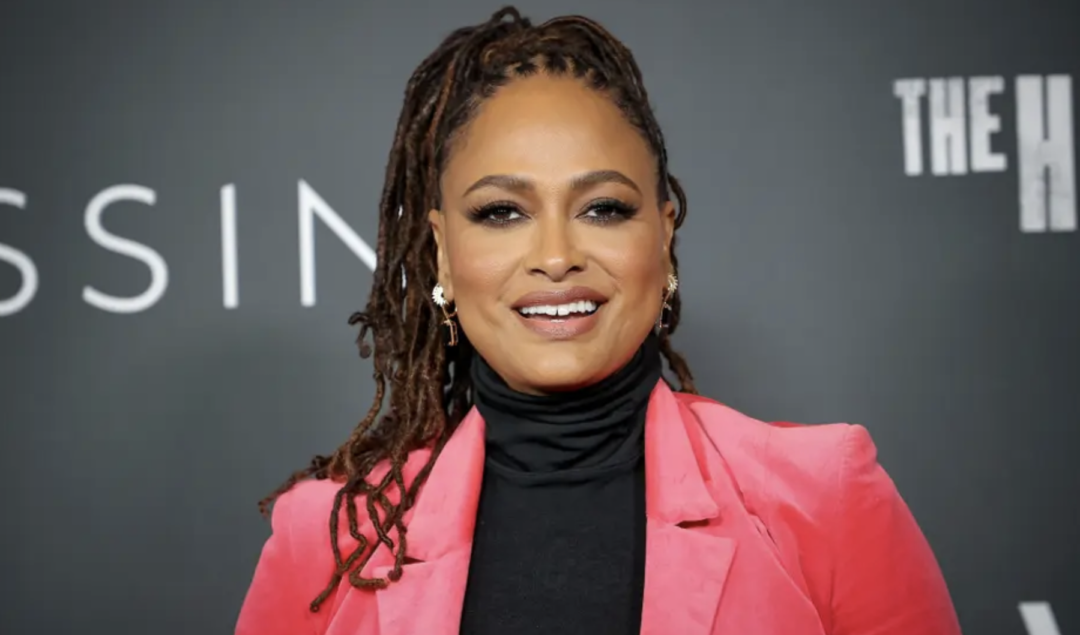Two Black TikTok workers have formed a complaint to the US Government’s Equal Employment Opportunity Commission (EEOC) about racism and discrimination they faced at work. Nnete Matima and Joel Carter have accused TikTok’s parent company of racism and retaliation, alleging ByteDance Ltd. terminated their contracts after they spoke up about the discrimination. Nnete Matima Matima told CNN she was attracted to work at TikTok because the social media platform was “built upon Black culture” and the work of Black creators. After seeing TikTok’s pledge of support for the Black community
Big Tech companies are being probed about the treatment of their “ghost workers” by Democratic lawmakers. Ghost work refers to the undervalued, underpaid, and undersupported human labor utilized to develop and maintain the automation of websites and apps. This work is often outsourced, hidden, or rendered invisible by the tech companies who request it. With the rise of generative AI, this work often includes training and improving algorithms. According to Just Tech, ghost workers are usually vulnerable people from Asia, Latin America and Africa who are being paid less than
Workers of color face several barriers to expanding or developing new career skills, a survey conducted by Reputation Leaders, a global thought leadership consultancy sponsored by DeVry University, has revealed. Closing the Activation Gap Report The Closing the Activation Gap report defines upskilling as expanding or developing new skills to perform better in a current job or improve career prospects. To support professional development, meet business needs, and drive economic growth and national competitiveness, it is vital to develop and advance workers’ skills continuously, the report read. The report revealed,
As Black-owned businesses face increasing financial pressures during and after the startup stage, many of them have sadly had to close their doors. The state of Black entrepreneurship Black Americans are among the most entrepreneurial groups in the nation, with 1 in 5 Black people in the US starting their own business. From 2017 to 2020, the nation witnessed a remarkable 13.64% surge in the number of Black-owned businesses. Black-owned firms brought in an estimated $141.1 billion in gross revenue in 2020 – an impressive 11% increase since 2017. In
The MIT 35 Innovators Under 35 is a yearly opportunity to look at where technology is, where it’s going, and who’s taking it there. With more than 500 people nominated annually, the editors pick the most promising to reach the next round. Then, each candidate’s work is evaluated by a panel of expert judges. This year, many people of color are featured in the list of 35. Here, we’ve listed some of the Black innovators that made the MIT 2023 Under 35 List. Daniel Omeiza 31-year-old Omeiza is working to
TIME chose the 100 Most Influential People in Artificial Intelligence for the TIME100/AI, featuring several people of color. TIMES’ most knowledgeable editors and reporters spent months fielding recommendations from dozens of sources to assemble hundreds of nominations they whittled down. “We wanted to highlight the industry leaders at the forefront of the AI boom, individuals outside these companies who are grappling with profound ethical questions around the uses of AI, and the innovators around the world who are trying to use AI to address social challenges,” said executive editor Naina
A leaked Google spreadsheet has revealed that Black employees at Google make $20,000 less on average than their white coworkers. Insider obtained an internal Google spreadsheet with over 12,000 U.S. staff reporting their annual salaries in 2022. The data covers software engineers, business analysts, salespeople, and legal counsel roles. Race disparities The data sheet found that Black staff at Google tend to make $20,000 less than their white co-workers, with $147,000 going to Black workers and $170,000 going to white workers. White staff also got $40,000 more in equity than
Elizabeth Nyamwange is a 17-year-old inventor of Etana, a device addressing the identification crisis that affects millions of impoverished women globally. Her solar-powered fingerprint scanning device enables users to create unique biometric digital identification without relying on internet access. The identification crisis NPR reports that around one billion people around the world do not have any official identification, leaving them without important documents, including birth certificates and passports. Nywamwange, who hails from Byron, Illinois, has dedicated herself to solving the worldwide digital identification gap that primarily impacts women in low-infrastructure environments. She told
Acclaimed filmmaker and founder of Array Crew, Ava DuVernay, is collaborating with Oscar-winning filmmakers Brian Grazer and Ron Howard, founders of the Impact network, to create the “largest hiring network” for the entertainment industry. Array Crew In 2021, DuVernay founded Array Crew, a searchable personnel database designed to connect below-the-line crew professionals. The database focuses on amplifying women, people of color and those from underrepresented backgrounds, connecting them with producers, studio executives and department heads. The database has gained the support of major studios and streamers, including Warner Bros.Discovery, Amazon Studios, Apple TV+
Several authors, such as Mona Awad, Paul Tremblay, Christopher Golden, Richard Kadrey, and Sarah Silverman, have filed lawsuits against OpenAI for unlawfully “ingesting” their books. The authors claim OpenAI breached copyright law by training ChatGPT on their novels without their permission. How ChatGPT ‘learns.’ ChatGPT, OpenAI’s artificial intelligence chatbot, skyrocketed in popularity following its release late last year. People mainly use it to compose essays, write emails, create creative stories, and get answers to questions about an extensive range of topics concisely and conversationally. Generative AI models like ChatGPT are

